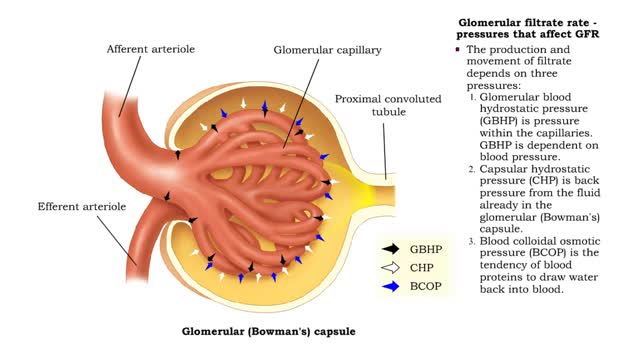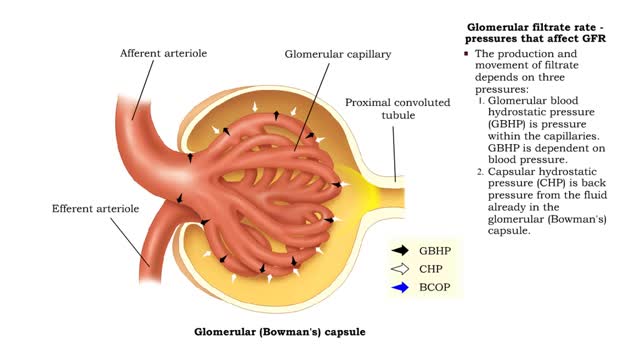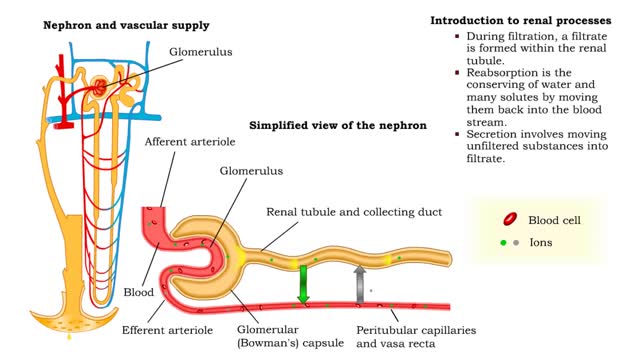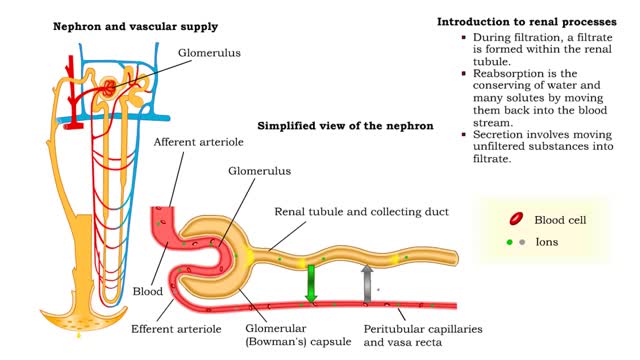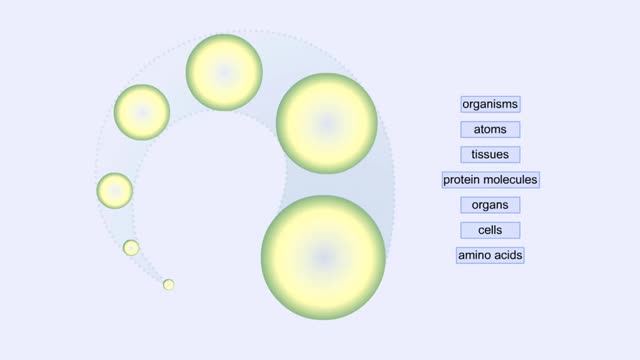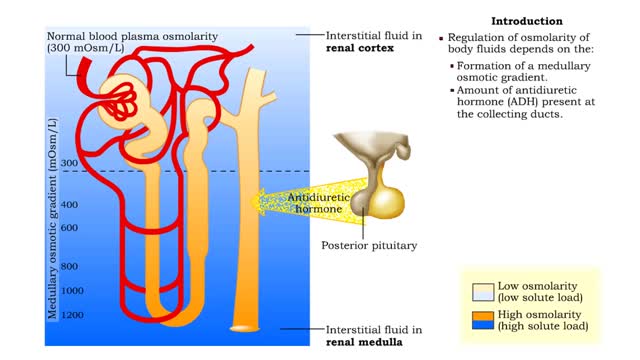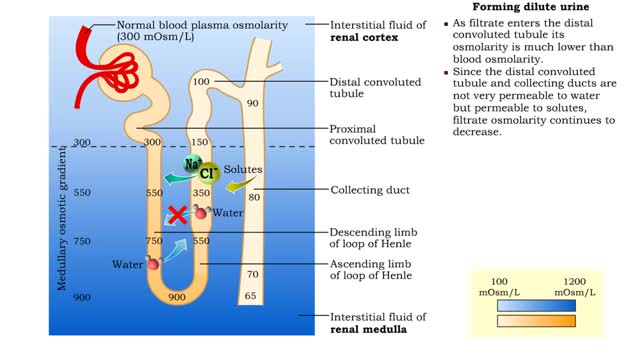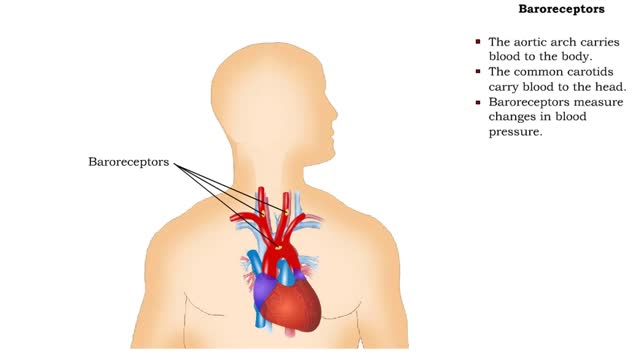Search Results
Results for: 'GFR and blood composition'
Glomerular filtrate rate: pressures that affect GFR, NFP & GFR and blood composition
By: HWC, Views: 11545
• The glomerular filtration rate is the amount of filtrate formed per minute within the renal corpuscle. • Once the filtrate is formed it moves down the tubule. • The production and movement of filtrate depends on three pressures: I. Glomerular blood hydrostatic pressure (GBHP) is ...
Glomerubular filtrate rate -pressures that affect GFR and net filtration pressure
By: HWC, Views: 11435
• The glomerular filtration rate is the amount of filtrate formed per minute within the renal corpuscle. • Once the filtrate is formed it moves down the tubule. • The production and movement of filtrate depends on three pressures: I. Glomerular blood hydrostatic pressure (GBHP) is pre...
Introduction to filtration - filtrate formation and composition
By: HWC, Views: 11175
• At the nephron, the three process responsible for the formation of urine include: • Glomerular filtration. • Tubular reabsorption. • Tubular secretion. • During filtration, a filtrate is formed within the renal tubule. • Reabsorption is the conserving of water and many s...
Carbohydrate Metabolism: Introduction to renal processes and filtrate formation and composition
By: HWC, Views: 11183
• At the nephron, the three process responsible for the formation of urine include: • Glomerular filtration. • Tubular reabsorption. • Tubular secretion. • During filtration, a filtrate is formed within the renal tubule. • Reabsorption is the conserving of water and many s...
Proteins Defined, Hierarchy & Composition of Cells
By: HWC, Views: 10520
Proteins are long chains of amino acids linked together by peptide bonds. Together with the other three biological macromolecules—carbohydrates, lipids, and nucleic acids—proteins are the building blocks of cells. Proteins are the most complex and abundant biological macromolecules in cel...
Medullary osmotic gradient - influencing factors
By: HWC, Views: 11482
▪ Maintenance of fluid volume and composition, despite changes in water input and output, is crucial to a healthy life. ▪ Regulation of blood's osmolarity, or solute concentration, is a function of the nephron. • Normal osmolarity is maintained by the ability of the nephron to alter uri...
Forming urine ( influencing factors), Forming dilute urine & Forming concentrated urine
By: HWC, Views: 11509
• The amount of urine produced by the nephron depends on : • Body fluid volume. • Body fluid composition. • Dilute urine is formed when the body is normally hydrated. • The medullary osmotic gradient determines the osmolarity of the filtrate. • Filtrate osmolarity increase...
By: HWC, Views: 10818
An ecosystem is a community of organisms and their environment. The community forms the living component of the ecosystem. These are called the 'biotic' factors, which means all of the living things in the ecosystem. The environment forms the nonliving component of the ecosystem, such as ...
By: HWC, Views: 10742
A baroreceptor is a specialized nerve ending that allows your brain to sense blood flow and blood pressure in the major blood vessels of your circulatory system. • The aortic arch carries blood to the body. • The common carotids carry blood to the head. • Baroreceptors measure chang...
Advertisement



